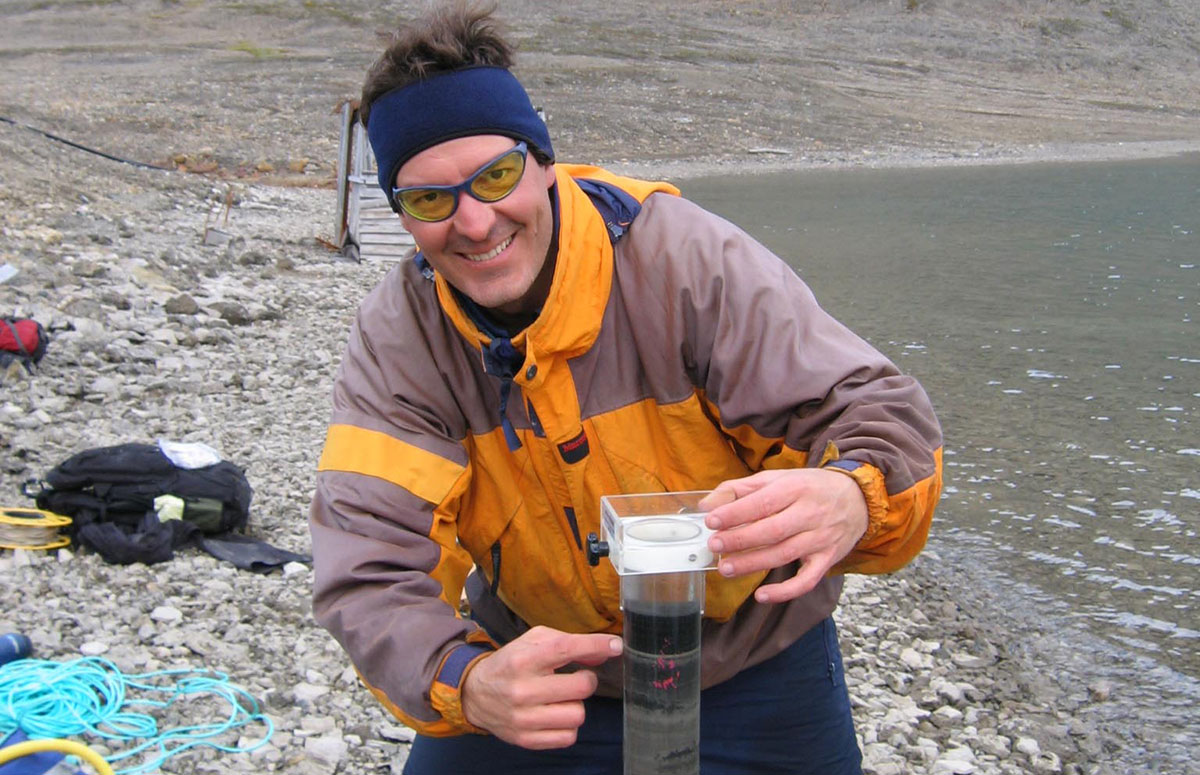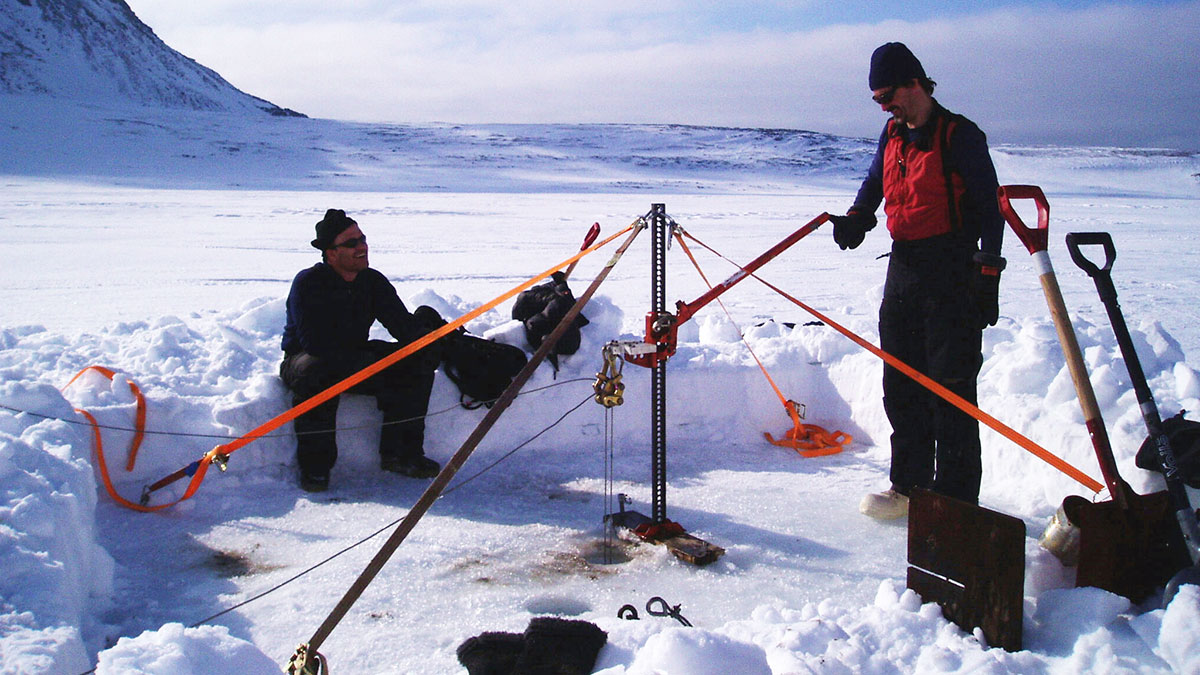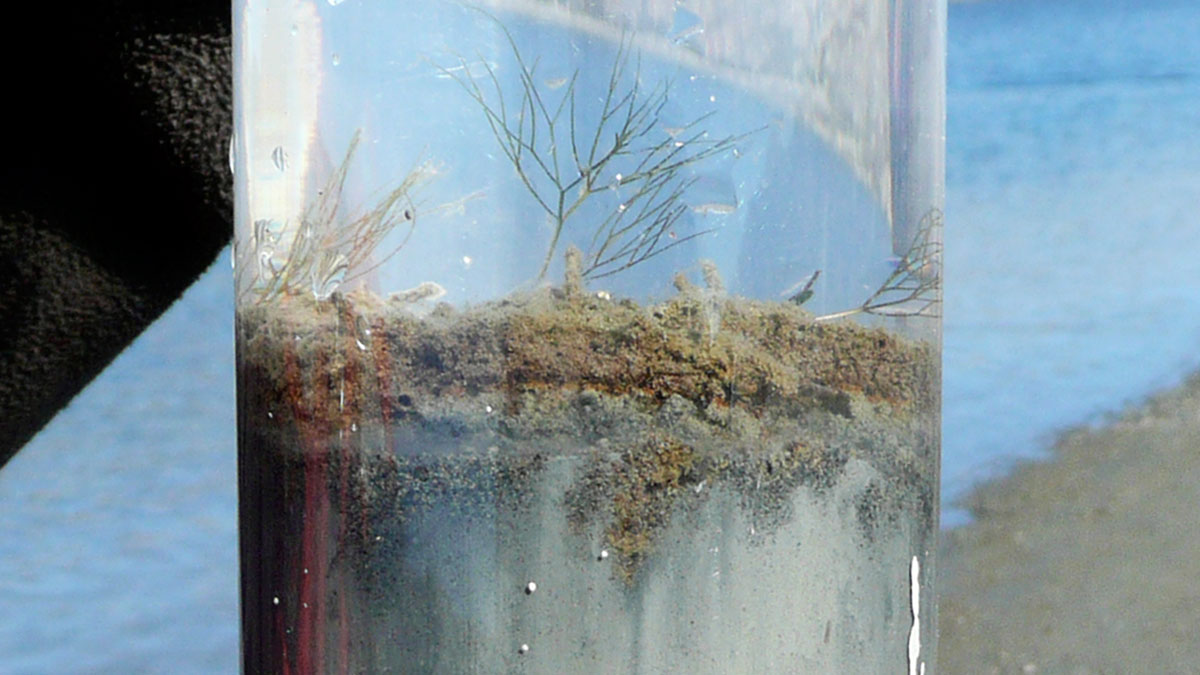Welcome to the new human age — The Anthropocene. U of A scientist lends hand in declaring new geological age
 Supplied
SuppliedSince the Second World War, humanity has put a man on the moon, put a cellphone in the hand of six billion people and flew a plane around the world in just under 58 hours. According to a new article in the journal Science, all these events took place in a new geological epoch. This is the new Anthropocene.
A team of international researchers, in disciplines ranging from ecology, soil science, archaeology and history, suggest that humanity’s impact on the earth warrants the recognition of the Anthropocene epoch. Introduced as a concept in 2001, the Anthropocene has been a recognized extensively in the academic community, there has been debate as to when it began. Scientists suggest that an epoch is said to end following an event, such as the meteor that wiped out the Cretaceous period 66 million years ago, which severely altered Earth’s rock and sediment deposits. Those scientists further suggest that the human race’s last 65 years mark a new epoch.
Recognition of this epoch entails confirmation from the International Commission on Stratigraphy, the body responsible for sectioning out geological time. Currently, the Commission recognizes the Holocene epoch as current, stretching from present day to approximately 11,700 years ago at the end of the last Ice Age.

Alexander Wolfe, an adjunct professor of biological sciences at the University of Alberta, is the only co-author of the paper working at a Canadian post-secondary institution. He said that the concept of the Anthropocene arose from the idea of the human species controlling the redistribution of earth materials and most of the world’s biological communities.
“The almost exponential expansion of the human enterprise has led to sufficient changes in earth systems that the planet is no longer behaving in the same way it did in the Holocene,” Wolfe said. “In fact, many characteristics are unique in the entire 4.6 billion years of earth history. That should be recognized.”
In their work on the Anthropocene, Wolfe said the team of scientists was focused on emphasizing the potential that humankind has to modify the earth on a global level. The way the earth intercepts solar energy, several key chemical cycles and the composition of the biosphere all show significant human influence.

According to Wolfe, many of these visible changes have origins traceable to the middle of the 20th century, and it was for these reasons the working group decided to mark that time as the start of the Anthropocene.
This period has been characterized, by “four factors that occur in lock-step with each other.” These factors are the rapid population growth, the urbanization of that population, increased economic activity and energy used per monetary value of trade.
“Those four things don’t seem to be slowing down at all,” Wolfe said. “If anything, they’re accelerating. Hopefully, recognition of the Anthropocene will lead to greater awareness of some of these risks.”
Despite this, Wolfe emphasized that the working group did not look to make value judgments about human activity.
“I’m not saying the Anthropocene is doomsday,” Wolfe said. “I’m not saying it’s good or bad. Our goal has primarily been to chronicle these things objectively and dispassionately.”
Wolfe said there are several other instances in the history of the planet when a species had a similarly profound impact on a global scale. The rise of photosynthetic bacteria and the growth of the first forests exhibited similar instances of visible changes in the environment.
“In the Anthropocene, it’s not a forest tree or a microbe,” Wolfe said. “This time, it’s a bipedal ape with an expanded cranial capacity taking control of the dials for better or worse.”
Wolfe said he was proud that the U of A was the only Canadian institution on the paper. In addition, the buzz the paper is generating in Canada is encouraging for Wolfe.
“There has been as much interest in the story from Canada as there has been from any other country,” Wolfe said. “We have a lot of great environmental scientists at the U of A, and this is certainly a positive thing for environmental research.”




